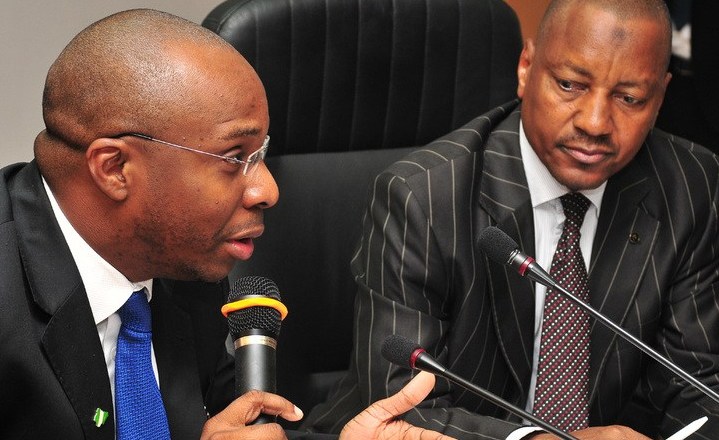Electricity users with prepaid meters reach 1.5m in Q1 – NBS

The total number of electricity consumers with prepaid meters increased by 6.23 per cent to 1,589,805 in the first three months of this year from 1,496,586 in the fourth quarter of 2017.
Almost five years after the privatisation of the power sector, many consumers continue to groan over estimated billing as demand for prepaid meters from distribution companies remains unmet.
The Benin Electricity Distribution Company has the highest figure with 17.79 per cent (260,667) of the total customers metered, according to latest data from the National Bureau of Statistics obtained by our correspondent.
It was closely followed by the Abuja Disco with 16.40 per cent (282,868 meters) and the Ibadan Disco with 15.99 per cent (254,261 meters).
The NBS, in its power sector report for the first quarter of 2018, revealed that the Yola Disco recorded the least percentage of the total customers metered with 2.35 (37,329 meters).
The Ikeja Disco and Eko Disco had 157,797 and 158,157 consumers with prepaid meters respectively as of March 31, 2018.
The data showed that the Kaduna and Enugu Discos had 138,164 and 116,623 consumers, respectively with prepaid meters at the end of March.
According to the NBS, the Port Harcourt, Kano and Jos Discos have 66,507; 63,037 and 54,395 metered customers, respectively.
Based on the proposals submitted by the core investors in the distribution companies during the privatisation of the power firms in November 2013, about 6.52 million new meters were expected to be installed over the course of five years.
The power generation statistics for the first quarter reflected that a total average of 92,747 megawatts per hour of energy was generated daily by power stations.
Daily energy generation attained a peak of 105,755MWh on March 14, with thermal and hydro stations generating 89,405MWh and 16,350MWh respectively.
“However, the lowest daily energy generation of 14,357MWh was attained on March 30, 2018, as thermal stations generated all the 14,357MWh, while no energy was generated from the hydro stations,” the NBS stated.
Last month, the Federal Government said it would take advantage of the Meter Asset Provider Regulations recently introduced by the Nigerian Electricity Regulatory Commission by providing N37bn for the supply of meters by the private sector.
The Minister of Power, Works and Housing, Babatunde Fashola, who stated this at the 28th monthly meeting with the operators, said, “Meter supply has become the big issue of the moment that consumers want us to resolve. As a government, we hear them loudly and clearly, and as service providers, we hope that you can hear them too.
“As power supply continues to increase in generation, transmission and distribution, the demand for meters will increase, because more power supply and consumption will likely result in increased bills.
“Estimated billings in these circumstance will become a major cause of distrust and conflict between consumers and the distribution companies, and meters are the easiest way to build the bridge of trust.”
The Executive Director, Research and Advocacy, Association of Nigerian Electricity Distributors, Mr Sunday Oduntan, said on Tuesday that the issue of metering had been politicised even as the Discos expressed their willingness to support the recently introduced Meter Assets Provider Regulations.
The MAP Regulations 2018 aimed at eliminating estimated billing practice, attract private investment into the provision of metering services, and close the metering gap through accelerated meter rollout.
Oduntan stated, “The issue of metering is no more in the hands of any Disco in Nigeria. The regulator, of course, through the Federal Ministry of Power, Works and Housing, has taken over the issue of metering; that is the reason for that MAP regulations.
“They are the ones that should now tell us what we should do, and we are ready and willing to cooperate with the NERC to ensure that this thing becomes successful. However, our own metering that we have been doing, sometimes in trickles, will continue. But we are waiting for the MAP regulation to start so that we can all meter our customers.”
“We are hoping to do everything possible to make the MAPs successful from our end as Discos, and we are ready to partner and cooperate with the Federal Government in any way possible, but we should not all forget that the sector is bleeding, and that is why we are where we are,” the ANED spokesman added.









0 Comments